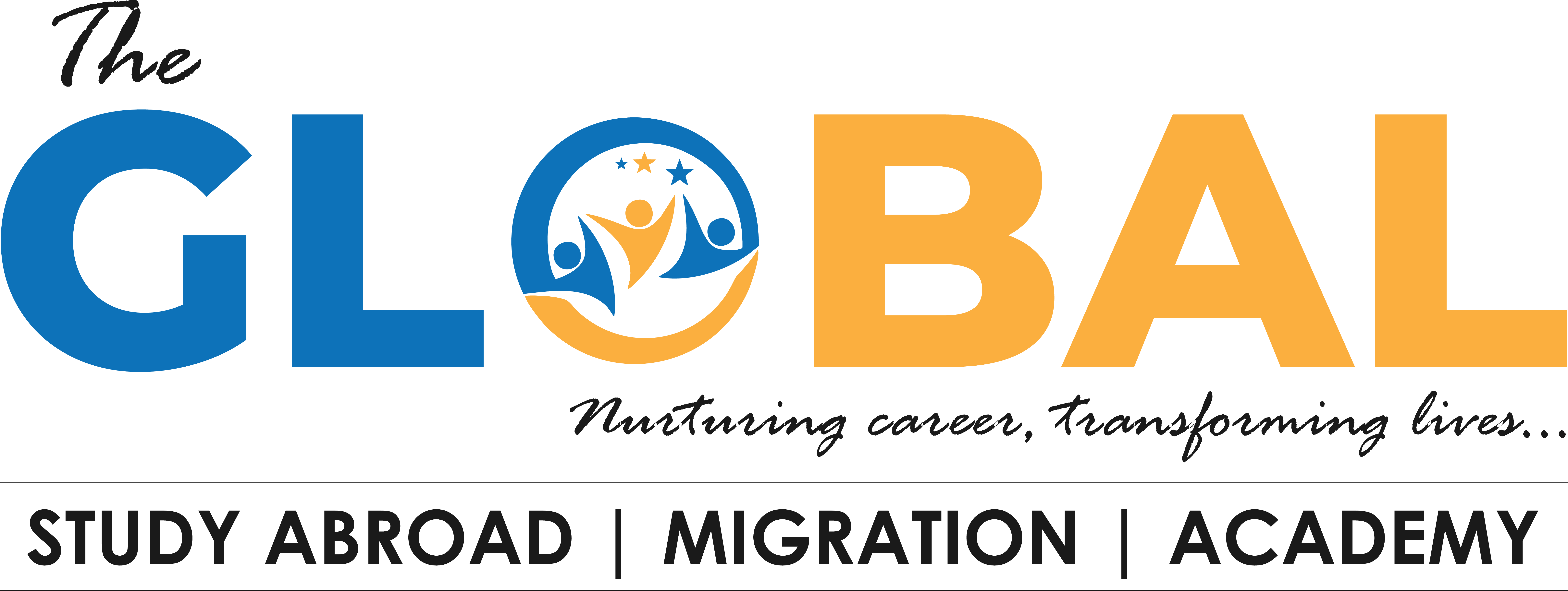● Select intake for application: September or February. September is the main intake in Italy, with the most number of programs and scholarships available. February is a smaller intake, with fewer options and opportunities. (Start your application process at least 6 to 9 months before your desired intake).
● Research and shortlist the preferable universities and programs. You can speak to our overseas education consultants to learn about the admission requirements, deadlines, fees, rankings, and scholarships of different universities and programs in Italy.
● Double-check if your school-leaving certificate or bachelor’s degree is recognized as a higher education entrance qualification in Italy. If your qualification is not recognized, you may have to take a foundation course or a higher education entrance examination before applying.
● Appear for language tests such as IELTS, TOEFL, PTE, CAEL, or CILS. These tests measure your English or Italian language proficiency and communication skills.
● Apply to your shortlisted universities through their official websites or a common application portal, such as Universitaly or Apply@UniTO. Fill out the online application form and upload your academic transcripts, language test scores, and any other supporting documents. Pay an application fee of EUR 0 to EUR 200 depending on the university and program.
● If accepted, confirm the offer and pay a tuition deposit within the specified deadline.
● Apply for a student visa from the Italian government – show your proof of acceptance from a Designated Learning Institution (DLI), proof of financial support, proof of identity, health insurance (SSN), and medical examination results. The student visa fee is EUR 50.
● A bachelor’s degree or equivalent from a recognized university or institution with a minimum GPA of 3.0 on a 4.0 scale or equivalent. Some programs may require a higher GPA or a specific degree in a relevant field.
● Proof of English language proficiency, such as IELTS, TOEFL, PTE, or CAEL. The minimum scores vary but generally, it is 6.5 in IELTS, 88 in TOEFL iBT, 59 in PTE, or 70 in CAEL.
● Apply to the university of your choice through their official website or a common application portal, such as OUAC or ApplyAlberta. Pay an application fee of CAD 100 to CAD 300 depending on the university and program.
● Submit your academic transcripts, SOP or research proposal, letters of recommendation, resume or CV, and any other supporting documents as required by the university and program. Some programs may also require an entrance exam, such as GRE or GMAT for PG courses.
● If accepted, confirm the offer and pay a tuition deposit within the specified deadline.
● Apply for a study permit from the Canadian government, which allows you to study and work in Canada for the duration of your program. Show proof of acceptance from a Designated Learning Institution (DLI), proof of financial support, proof of identity, and medical examination results. The study permit fee is CAD 150.

➔ September Intake: Commences in mid-September and lasts up to May.
➢ BA in Languages, Civilization & Science of Language
➢ Bachelor in Politics, Philosophy & Economics
➢ Bachelor in Liberal Studies
➢ MAin Political Science:European Union Policy Studies
➢ Master in International Relations
➢ Master in Careers with the European Union
➢ MAin Strategic Studies & Diplomatic Sciences

There are two types of student visas in Italy based on the duration of the study program:
1. Visa type C: Short-stay visa or travel visa valid for one or more entries and for a period not exceeding 90 days
2. Visa type D: Long-stay visa valid for more than 90 days
● Passport valid for at least three months after the expected end date of your study program
● Completed visa application form
● Proof of having the required financial resources to cover your living expenses during your
course of study
● Medical insurance policy
● Certificate of acceptance from the educational institution in Italy
● Details of tuition fee payments
● Copy of your itinerary to and from the country
● Proof of having no criminal record
● Proof of language proficiency in Italian or English based on the medium of instruction of your course
